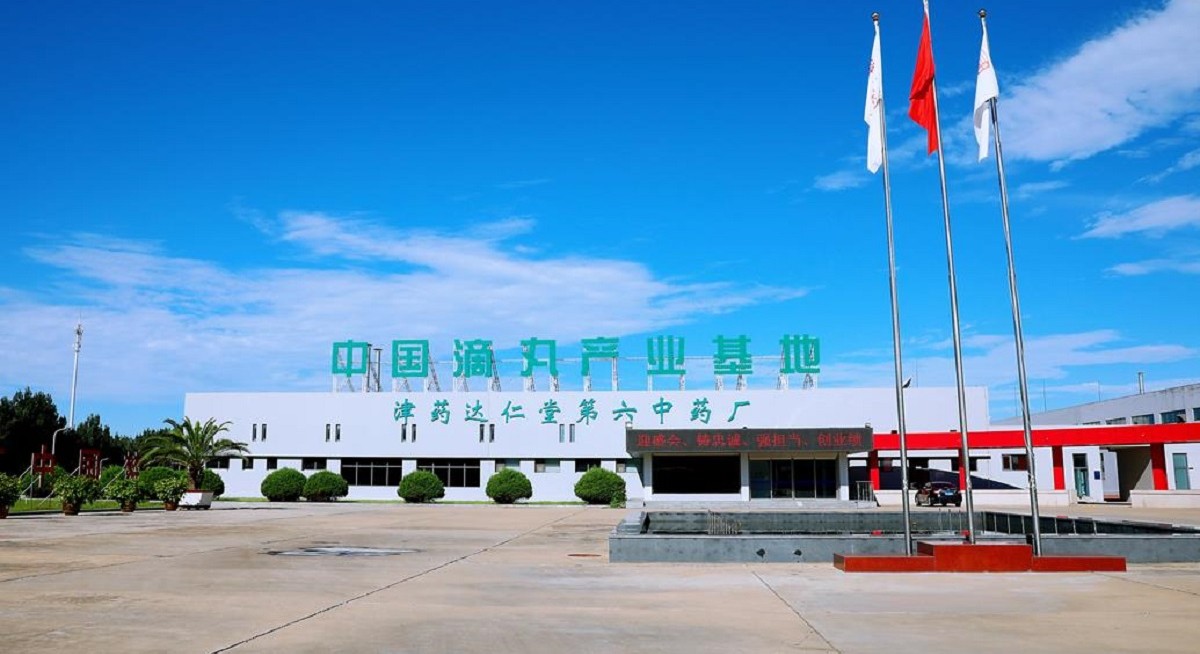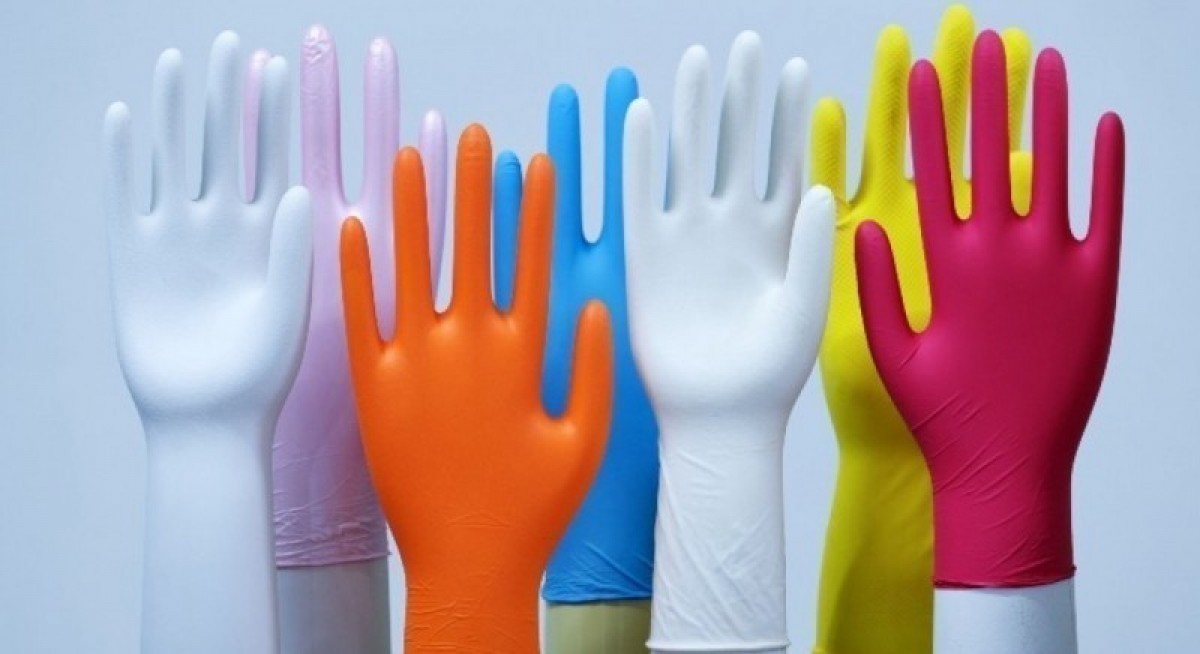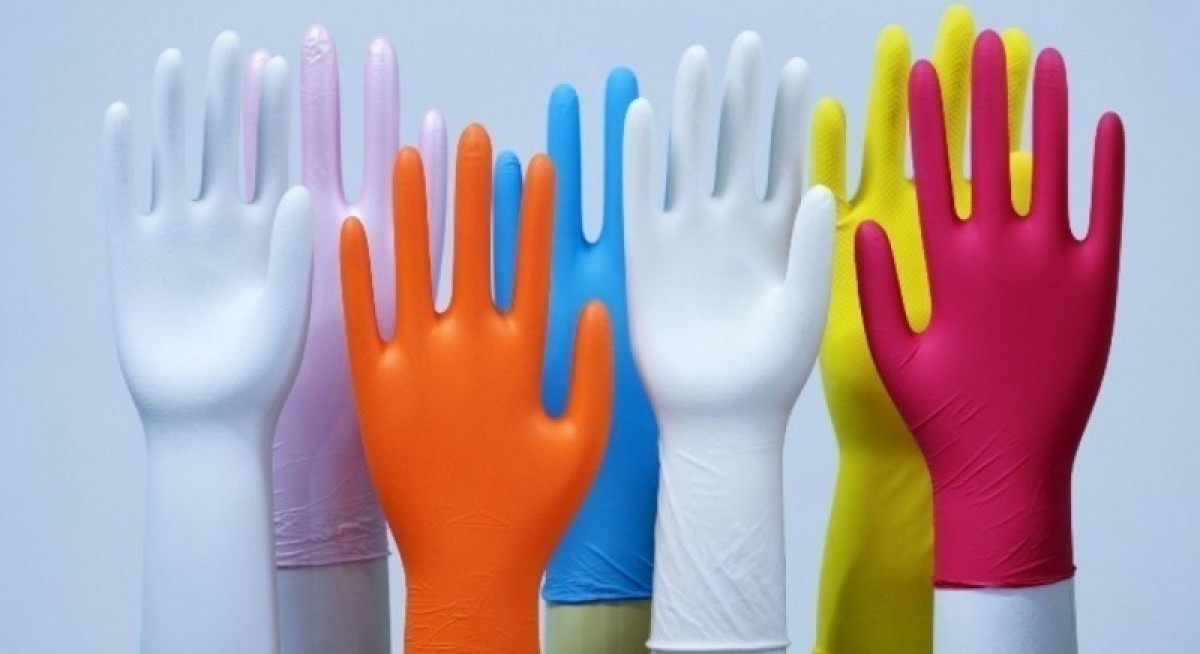
T14 Group Corporation, may have a relatively low profile among investors here. However, the company was one of the earliest companies from China to list on the Singapore Exchange S68 in 1997, followed by a subsequent listing in Shanghai in 201.
The company focuses on traditional Chinese medicine products and has built up a comprehensive industry and production chain. Its business covers the research, development and manufacturing of Chinese herbal medicines and related materials and products.
The company has a portfolio of traditional brands such as Da Ren Tang, Le Ren Tang, and Long Shun Rong and Song Bai. As an indication of the range of its product portfolio, it has obtained certificates of approval for 599 medicines sold in 500,000 pharmacies. In addition, the company has been actively selling through e-commerce platforms, too, with sales of some RMB40 million generated in the first year.
See also: PropNex soars, capturing greater market share amid challenging real estate climate
U11 (UOB).
See also: Shaping the future of sustainable mobility








 - resized.jpg)

